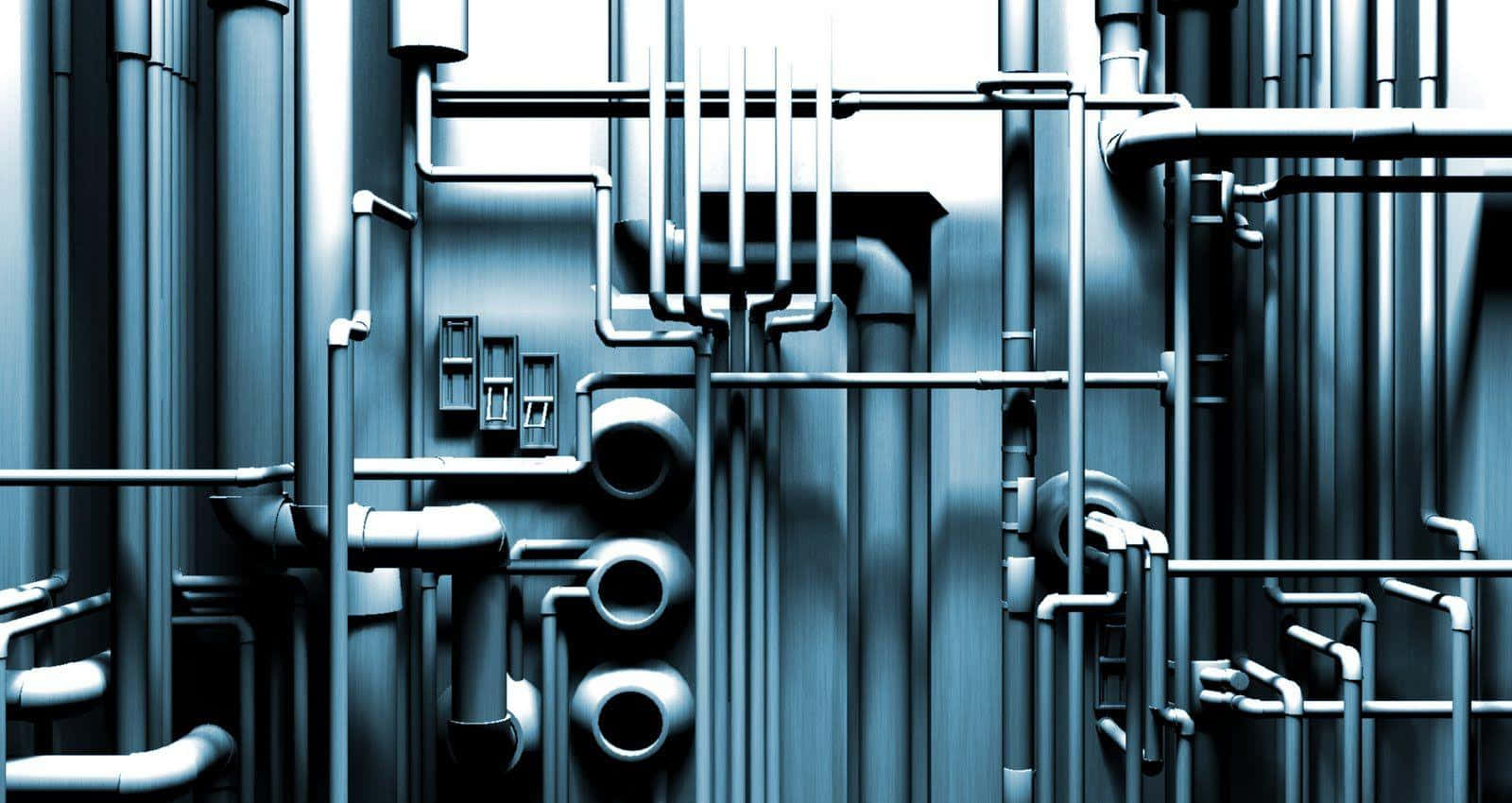As urban populations continue to grow and environmental concerns heighten, the need for effective and sustainable sanitary waste services has never been more critical. Sanitary waste—comprising items such as medical waste, menstrual products, and other hazardous materials—requires specialized handling to prevent health risks and environmental contamination. This article delves into the essential role that sanitary waste services play in maintaining public health and safety, exploring the challenges they face and the innovative solutions being implemented globally.
With the rise of awareness surrounding sanitation and hygiene, particularly in the aftermath of global health crises, municipalities and private companies alike are focused on optimizing waste management systems. By employing advanced technologies and best practices, sanitary waste services are enhancing waste segregation, treatment, and disposal methodologies, ensuring that harmful substances are processed responsibly. Join us as we examine the current landscape of sanitary waste services and highlight the importance of conscientious waste management in fostering a cleaner and healthier future for all.
Contents
Challenges in Sanitary Waste Management
The effective management of sanitary waste comes with a host of challenges, including inadequate infrastructure, lack of public awareness, and regulatory complexities. In many urban areas, the existing waste management systems are not equipped to handle the specific requirements of hazardous materials, leading to improper disposal that can pose significant health risks. Furthermore, public education on the importance of correct waste segregation and disposal is often lacking, which can exacerbate the issue. Sustainable practices are not only beneficial for environmental health but are also critical in minimizing the potential for disease transmission, especially in densely populated regions where waste accumulation can quickly lead to public health crises.
Innovative Solutions and Best Practices
In response to these challenges, innovative solutions are emerging that focus on enhancing the efficiency of sanitary waste management. Technologies such as smart bins equipped with sensors for waste level monitoring and mobile applications for tracking waste collection cycles are reshaping the industry. Additionally, companies like Professional Sanitary Waste Services Sydney are implementing eco-friendly disposal methods, including recycling initiatives that convert waste into energy or compost. By adopting these modern strategies, communities are better positioned to safeguard public health while contributing to environmental sustainability, underscoring the critical role that sanitary waste services play in a cleaner future.
In conclusion, the importance of efficient and sustainable sanitary waste services cannot be overstated as we navigate the complexities of urban living and environmental stewardship. By addressing the challenges of infrastructure and public awareness through innovative technologies and best practices, we can create systems that not only protect public health but also champion environmental sustainability. The integration of smart waste management solutions and eco-friendly disposal methods signifies a proactive approach to combating the myriad risks associated with sanitary waste. As communities continue to prioritize sanitation and hygiene, it is imperative that all stakeholders—governments, businesses, and individuals—commit to conscientious waste management strategies for a cleaner, healthier future. Together, we can forge a path toward improved public health outcomes, safeguarded environments, and a sustainable legacy for generations to come.




